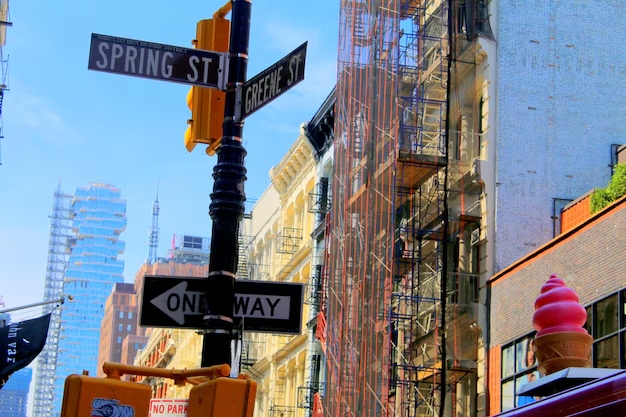Discovering the Cost of Living: What Does an Apartment in New York Cost?
New York City, often referred to as "the city that never sleeps," is one of the most iconic and vibrant cities in the world. But, living in this bustling urban jungle doesn't come cheap. So, exactly how much does an apartment in New York cost? Let's dive into the numbers and explore various aspects of renting or buying in this dynamic city.
The Average Cost of Renting
Monthly Rent in NYC:
- Studio Apartments: Between $2,200 and $3,000
- One-Bedroom Apartments: Ranging from $3,000 to $4,200
- Two-Bedroom Apartments: Usually between $4,500 and $6,000
In areas like Manhattan, prices can soar even higher due to its prime location and proximity to major attractions. On the other hand, outer boroughs like Brooklyn, Queens, or The Bronx can offer slightly more affordable living options.
Buying an Apartment in NYC
Purchasing an apartment in New York City is a significant investment. According to recent data:
- Co-op Apartments: Average around $800,000
- Condominiums (Condos): Can range widely from $1.2 million to well over $2 million, depending on the neighborhood.
Certain upscale neighborhoods such as Tribeca or Central Park West feature even more luxurious options that can easily climb over several million dollars.
Understanding the Financial Landscape
With such high costs, potential renters and buyers often look towards financial assistance and planning to make living in NYC feasible. Here's how you can ease the financial burden:
Government Aid Programs
Affordable Housing Resources
- NYC Housing Connect: A program offering affordable housing lotteries
- Section 8 Vouchers: Provides rental assistance for low-income families
Financial Assistance Options
Rent Assistance
- New York State Emergency Rental Assistance Program (ERAP): Offers temporary help to cover past due rent and utilities for low-income families.
Debt Relief and Credit Solutions
Credit Card Solutions
- Consider credit cards with 0% introductory APR for balance transfers to manage immediate expenses.
- Look into credit cards offering cashback on everyday purchases, which can indirectly offset some living expenses.
Educational Grants and Opportunities
- New York Grants: For students and professionals seeking to further education while managing city life, New York offers numerous educational grants which can reduce reliance on loans and credit.
Tips for Potential Residents
- Research different neighborhoods extensively to find the best mix of affordability, convenience, and lifestyle.
- Plan your finances ahead of time to avoid surprises.
- Consider roommates or co-living spaces to significantly reduce costs.
In conclusion, while the cost of an apartment in New York City may be daunting, understanding and leveraging financial assistance resources can make it more manageable. By planning strategically and utilizing the available assistance programs, living in this extraordinary city can become an achievable dream. Below, you'll find a few more structured programs and options to consider for easing the financial journey.
Financial Resources and Solutions
- 🏢 NYC Housing Connect: Participate in housing lotteries for affordable units.
- 🏠 Section 8 Vouchers: Federally governed rental assistance.
- 💳 Credit Cards: Utilize 0% APR for transitions and cashback options.
- 🎓 Educational Grants in NY: Reduce reliance on loans with state-supported education funding.
- 📊 ERAP: Short-term rental assistance for qualified low-income citizens.

